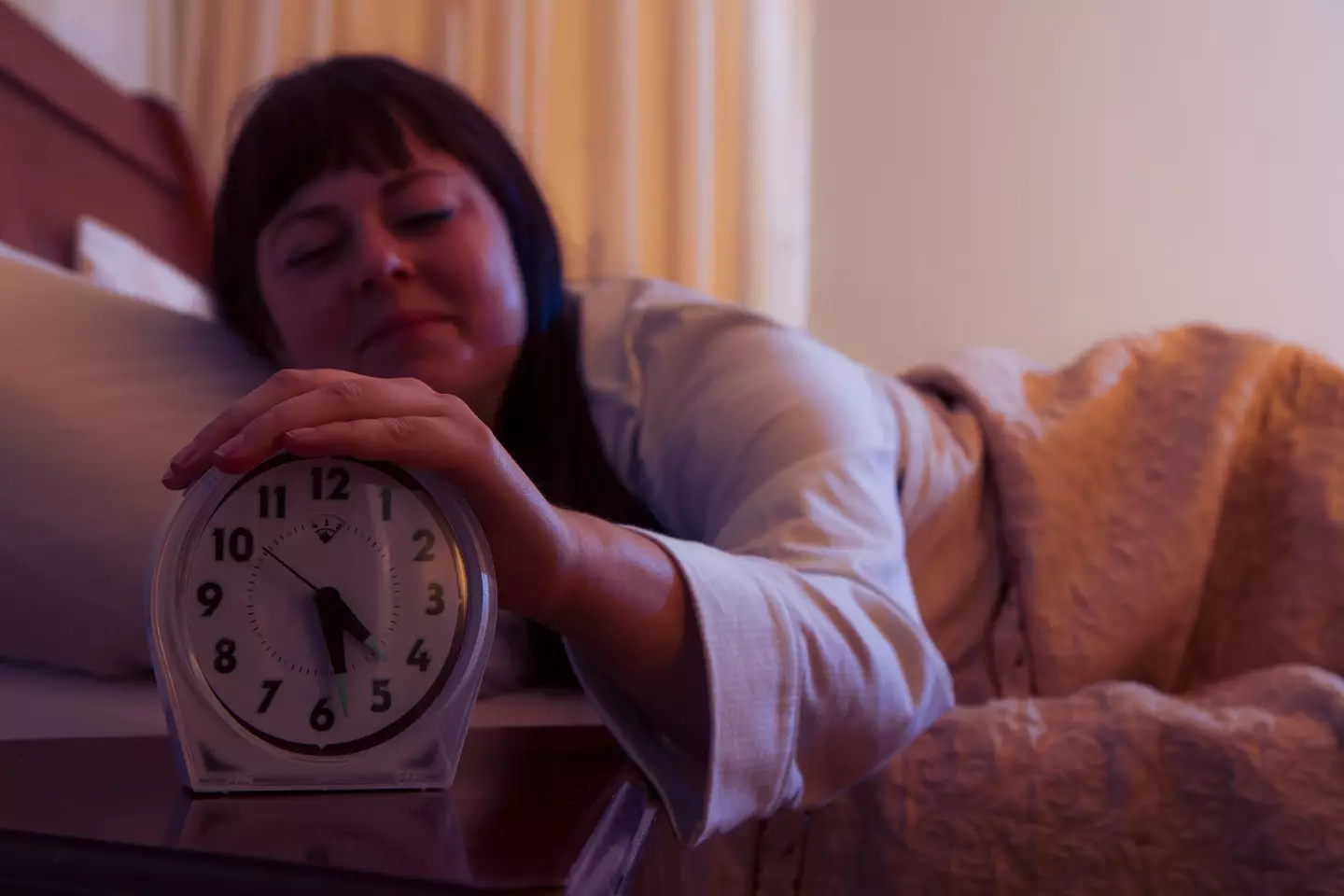
If you're feeling less than great in the bedroom department, then one of these five daily habits could be to blame.
From medication side effects to less obvious influences like hydration, there are a variety of lifestyle factors that can affect our libido.
But everyday choices you make without even thinking might be slowly dampening your sex drive, physical pleasure and emotional connection, health experts are warning.
Modern life is full of hidden libido disruptors that are often overlooked or misunderstood. The way you eat, sleep, move - and even unwind - can all have a ripple effect on your sexual health.
Advert
So if you’ve been feeling sluggish between the sheets - whether your relationship is in a good place or even when you’re flying solo - it could be time to take a closer look at your daily habits.
The experts at HealthTest have rounded up the most common libido-sabotaging lifestyle factors and explained how small changes can make a huge difference.
Diet

Nutrition plays a direct role in sex hormones and blood flow, both vital for a healthy sex life.
Diets high in ultra-processed foods and sugar - such as ready meals, packaged snacks and sugary cereals - can cause inflammation and hormonal imbalances, leading to issues with libido, vaginal lubrication, and erectile function.
They can also cause energy crashes and irritability, making us feel sluggish and less in the mood.
As well as this, nutrient-poor diets can stop the body from having the essential vitamins and minerals it needs, such as magnesium and zinc, both of which have a direct link to sexual function.
However, a diet rich in healthy fats like nuts, oily fish and avocado, antioxidant-rich fruits and vegetables, and lean proteins such as eggs, lentils and plain Greek yoghurt, can elevate hormone production, reduce bloating and increase blood flow in the pelvic areas, which all support strong, more reactive arousal.
Screen time

Late-night screen time - whether binge-watching, scrolling, or checking emails - can quietly sabotage your sex life.
Blue light from screens stops melatonin, the sleep hormone, which disrupts your sleep, plus the natural overnight production of important sex hormones like oestrogen and testosterone.
Insufficient sleep can then lead to insufficient hormone regulation, which closely affects energy levels and sexual desire.
Beyond biology, screen overload overstimulates the brain, dulls emotional intimacy, and skews expectations around sex and body image, often leading to disconnection and anxiety. Setting tech boundaries before bed can help restore natural desire and deeper connection.
Toiletries

Every day, products such as shampoo, moisturisers and deodorant might be doing more harm than good when it comes to your hormones. Surprising, right?
Many contain endocrine-disrupting chemicals (EDCs), such as bisphenol A, phthalates, parabens and synthetic fragrances, which can block your natural hormones and mimic them, interfering with testosterone and oestrogen. Over time, this can affect energy, libido and even fertility.
Studies have shown that EDC exposure has delayed sexual development, reduced sperm quality and caused hormonal imbalance that lowers sex drive.
You can switch to hormone-safe products, especially for those used daily, as this can make a real difference. Start looking for labels that say ‘fragrance-free’ and avoid ingredients like ‘synthetic fragrance’ or ‘parfum’ to help support a healthier, balanced sex life.
Alcohol
.jpg)
While a glass of wine might seem like a mood-setter, alcohol affects the nervous system and can interfere with arousal and satisfaction. It may lower inhibitions temporarily, but it also dulls emotional connection, communication, and physical sensitivity.
For men, it can cause erectile issues and reduced stamina; for women, it can lead to less lubrication and sensation.
Even moderate, regular drinking can lower testosterone and gradually reduce libido. Exploring sober intimacy or taking breaks from alcohol can help rebuild emotional closeness and revive natural desire.
Stress and sleep

Constant stress and poor sleep are two of the biggest and most overlooked factors that kill libido.
If you are chronically stressed, the body produces more cortisol, the stress hormone, which gradually stops the production of testosterone and oestrogen.
This chronic hormonal imbalance will make it harder to feel emotionally connected, aroused or even interested in having sex. When you add restless sleep into the mix, your body starts to miss out crucial time overnight to repair and restore its need to regulate, desire, energy and mood.
The best way to navigate this is by adding some calming rituals into your daily routine - something as simple as box breathing.
Start by inhaling through your nose for four seconds, hold for four, then exhale through your mouth for four, and hold again for four, then repeat for three to four rounds. This easy practice triggers the body’s relaxation response, lowers cortisol levels and helps you shift into a calm and peaceful state, making it easier to feel both physically and mentally ready for sex.
Topics: Health, Sex and Relationships, Food and Drink